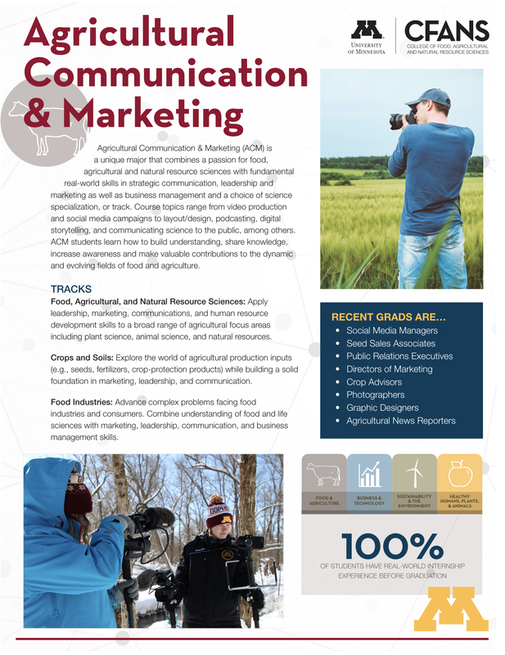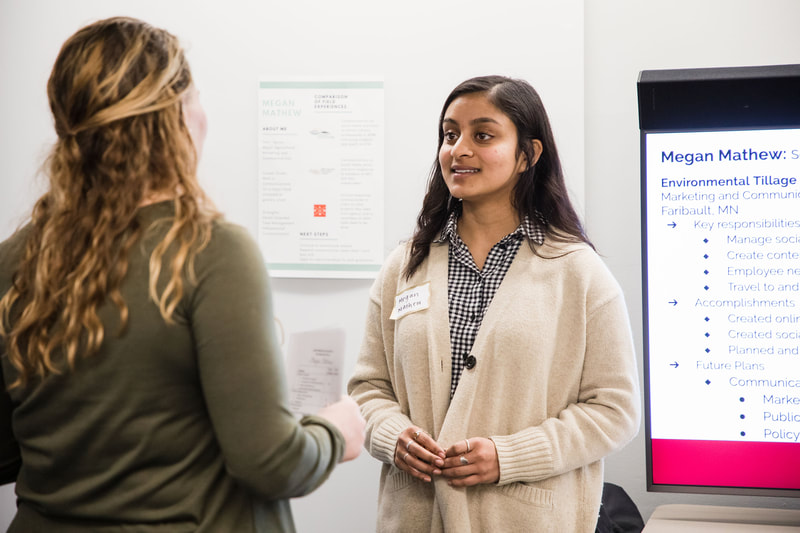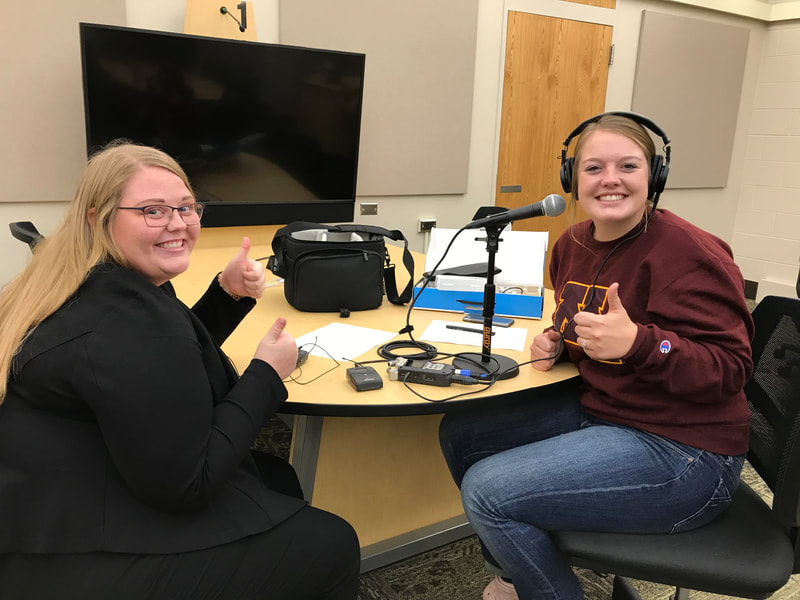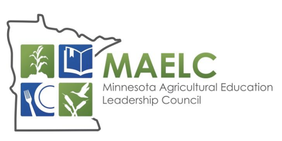Agricultural Communication
|
|
|
Click the image above to download a printable major sheet:
|
Agricultural Communication & Marketing (ACM) is a unique major that combines a passion for food, agriculture and natural resource sciences with foundational skills in strategic communication, leadership and marketing. Students take courses that range from video production and social media campaigns to layout/design, podcasting, writing, digital storytelling and communicating science to the public. Our flexible program allows students to combine these skills with business management, marketing, a specialized science track in food, agriculture and environmental sciences, and a set of free electives that allows them to customize coursework to their interests and passions. Experiential learning is a cornerstone of our program with many hands-on class projects, internships, and study abroad opportunities.
ACM students learn how to build understanding, share knowledge, and increase awareness about important issues within the dynamic and evolving fields of food and agriculture. Graduates of our major have gone on to industries such as agribusiness, marketing firms, food companies, commodity organizations, educational institutions, and governmental organizations. We are excited to showcase some of the work ACM students create within our program on the Agricast site. Please look around and contact us at [email protected], if you are interested in learning more about the ACM major. |
Agricultural & Environmental Science Communication Minor
The minor in Agricultural and Environmental Science Communication (AESC) allows students to develop their communication knowledge and skills through the lens of the global issues and challenges related to food, agricultural and natural resource sciences. Students in the AESC minor develop a foundational understanding of oral, written, and visual communication, followed by a sequence of skills-based courses related to agricultural and environmental communication, and finally tie these together in one capstone course experience. The AESC minor, coupled with a CFANS major, can help ensure graduates enter the workforce ready to reach the 21st Century challenges related to communication, food, agriculture, and natural resources.
Requirements
A minimum GPA of 2.00 is required for minor program coursework, which must be taken on a letter grade basis with a minimum grade of C-.
To receive a minor, students must complete AECM 2421W, AECM 3431 and AECM 3452, plus two skills-based courses and one capstone course. Students majoring in Agricultural Communication & Marketing cannot minor in AESC due to course overlap.
Visit the University Catalog for a full list of requirements and course options. For a printer-friendly version of the AESC minor information, click on the “View PDF Version” link on the right side of the University Catalog page.
How to Apply
To declare an Agricultural & Environmental Science Communication minor, please fill out the Add/Drop a CFANS Minor form online.
Requirements
A minimum GPA of 2.00 is required for minor program coursework, which must be taken on a letter grade basis with a minimum grade of C-.
To receive a minor, students must complete AECM 2421W, AECM 3431 and AECM 3452, plus two skills-based courses and one capstone course. Students majoring in Agricultural Communication & Marketing cannot minor in AESC due to course overlap.
Visit the University Catalog for a full list of requirements and course options. For a printer-friendly version of the AESC minor information, click on the “View PDF Version” link on the right side of the University Catalog page.
How to Apply
To declare an Agricultural & Environmental Science Communication minor, please fill out the Add/Drop a CFANS Minor form online.
|
|
What does a professional agricultural communicator do?
|
Why is Ag Communication and Marketing important?Listen to a UMN student produced podcast that explores the importance of studying agricultural education. The podcast features Dr. Rebecca Swenson who is an Associate Professor in the AECM program. Learn what motivates her to teach the next generation of ag communicators!
|
Dr. Rebecca Swenson, AECM Associate Professor
|












